Waste-to-hydrogen technology holds immense promise as a means to address both the waste management crisis and the transition
Be part of groundbreaking clean energy solutions that shape the future.
Practical renewable energy technology thatreduces costs and helps the environment
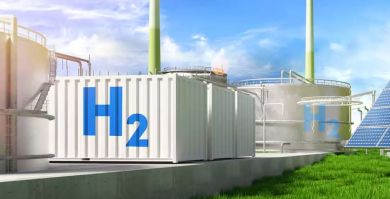
Address :
25, Loha Mandi,
Ghaziabad,
Uttar Pradesh 201009
Waste-to-hydrogen technology holds immense promise as a means to address both the waste management crisis and the transition

Waste-to-hydrogen technology offers a innovative solution to the global waste management crisis. By converting waste into clean-burning hydrogen fuel

 Welcome to Solar Power Save Energy
Welcome to Solar Power Save Energy
Waste-to-hydrogen technology holds immense promise as a means to address both the waste management crisis and the transition to a sustainable, low-carbon economy. As this innovative field continues to evolve, it could play a key role in shaping a more circular, hydrogen-based future.


 Sustainable Energy Services
Sustainable Energy Services

Hydrogen fuel cells generate electricity through an electrochemical reaction, providing a reliable and emissions-free source of power.
The combustion of hydrogen produces only water, making it a clean-burning fuel for glass manufacturing processes.
Hydrogen-powered furnaces and equipment can operate at higher efficiencies, reducing energy consumption and costs in glass production.
 Sustainable WORKING PROCESS
Sustainable WORKING PROCESS
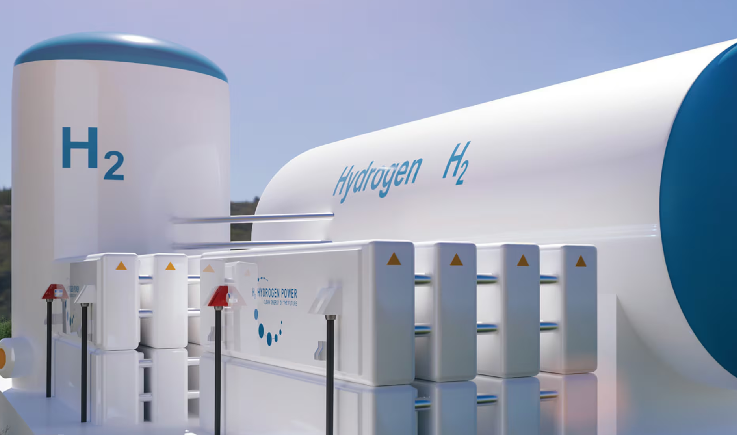

Hydrogen fuel cells generate electricity through an electrochemical reaction, providing a reliable and emissions-free source of power.
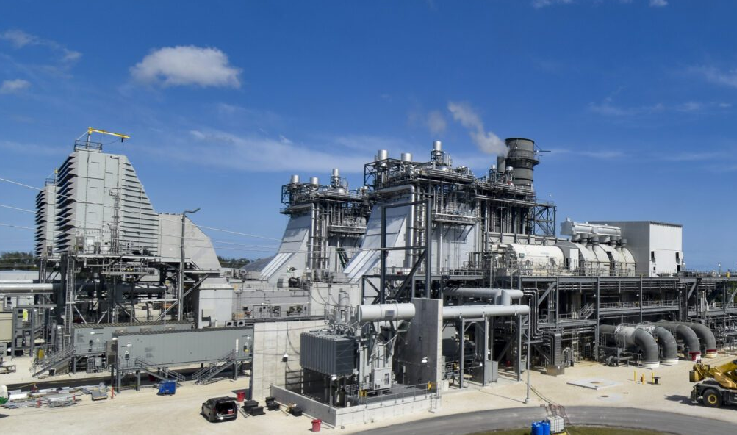

Hydrogen can be used as a clean-burning fuel in gas turbines for power generation, replacing natural gas or other fossil fuels
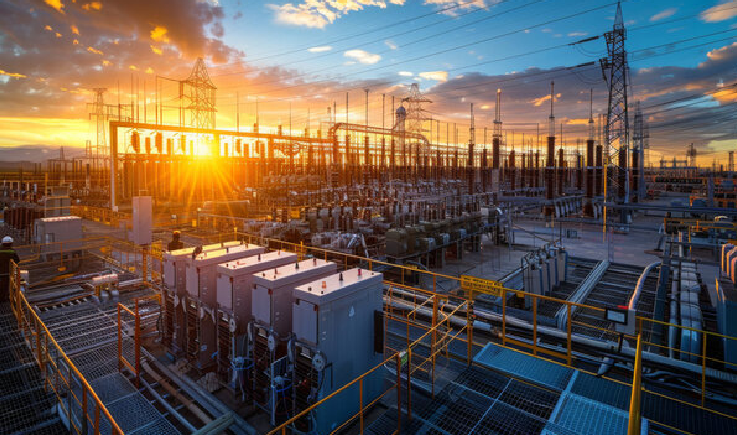

Hydrogen can be used to store excess renewable energy and release it when needed, helping to stabilize the electrical grid.
Hydrogen is a versatile and clean-burning fuel that is gaining increasing attention as a sustainable energy solution for various industrial processes. In this presentation, we will explore the role of hydrogen in steel manufacturing, power generation, and glass production, highlighting its advantages and the challenges in its implementation.

 Sustainable Energy Services
Sustainable Energy Services
Strategically located hydrogen fueling stations will be crucial to support the widespread adoption of hydrogen vehicles.
Dedicated hydrogen pipelines can efficiently transport the fuel from production sites to distribution hubs and fueling stations.
Specialized hydrogen delivery trucks will be needed to transport the fuel from production facilities to refueling stations
Strategically located hydrogen production facilities will be crucial to supply the growing demand for the fuel.



Be part of groundbreaking clean energy solutions that shape the future.
Invest in a rapidly expanding market with enormous potential returns.
Contribute to a cleaner, greener planet for generations to come.
Position yourself at the forefront of the global energy transition.
| Convenience | Portable hydrogen storage solutions can make hydrogen fuel more accessible and convenient for consumers. |
| Scalability | The modular nature of portable hydrogen systems allows for easy expansion and deployment in new locations. |
| Versatility | Portable hydrogen can power a wide range of applications, from vehicles to backup generators and more. |
| Sustainability | When produced from industrial waste, portable hydrogen offers a sustainable energy solution with minimal environmental impact. |



Waste-to-hydrogen converts trash into a valuable fuel source, reducing reliance on fossil fuels.
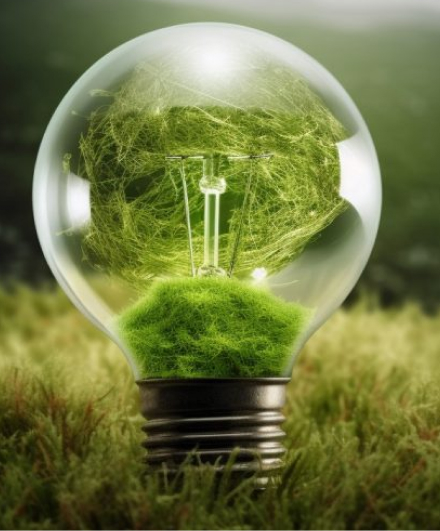
This process diverts waste from landfills and incinerators, lowering greenhouse gas emissions and pollution.

Waste-to-hydrogen enables the reuse and recycling of materials, moving towards a more sustainable model.









Optimizing the efficiency and scalability of waste-to-hydrogen conversion processes remains an ongoing challenge.

Widespread adoption requires investments in hydrogen production, storage, and distribution infrastructure

Supportive government policies and regulatory frameworks are essential to incentivize the hydrogen economy.